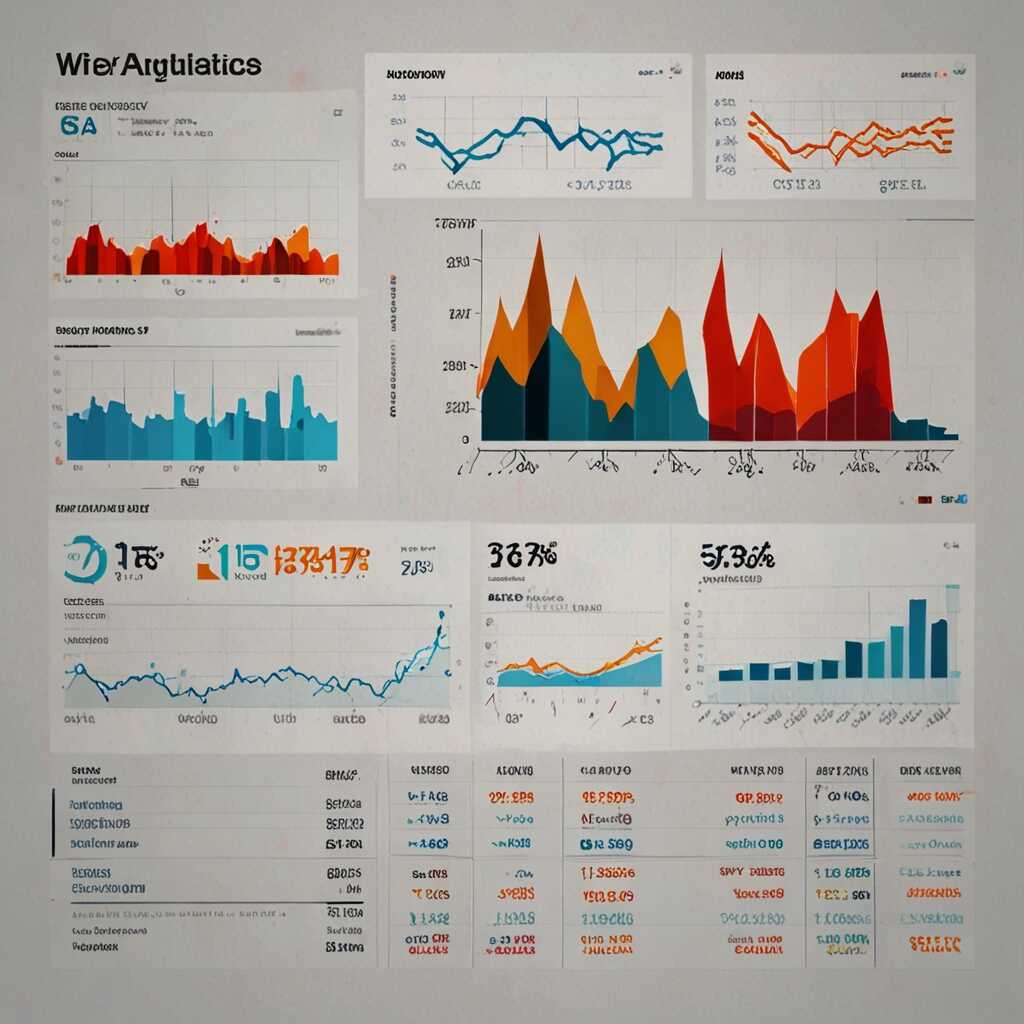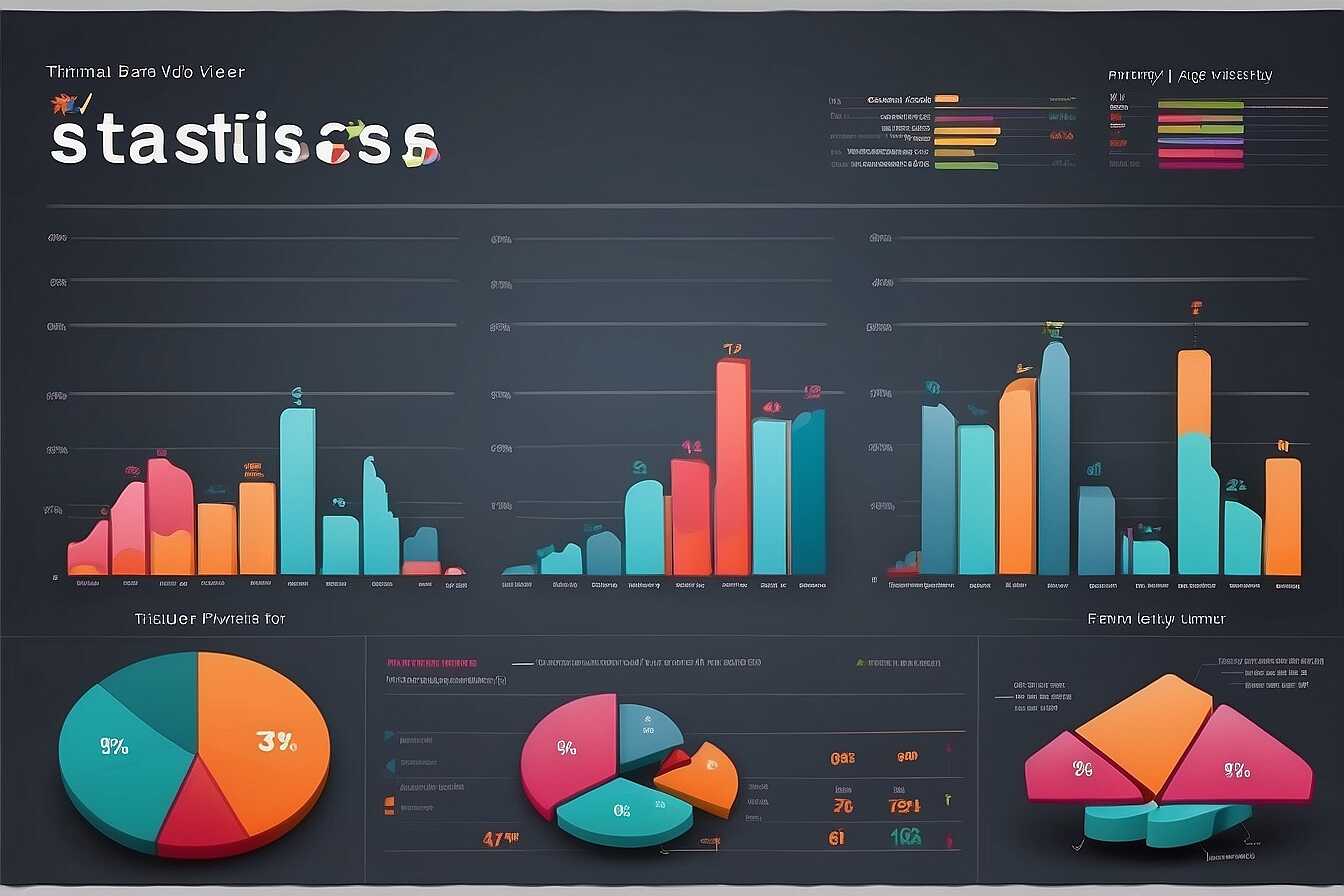Artificial intelligence (AI) can effectively detect and solve SEO cannibalization problems, helping businesses optimize their online presence. By using AI tools, SEO professionals and digital marketers can identify when multiple pages compete for the same keywords, which can impact search rankings. At Metrics Rule, we leverage AI-driven insights to enhance SEO strategies, ensuring your content is aligned and your website performs at its best. Understanding keyword cannibalization is essential for website owners, content strategists, and business owners aiming to improve their visibility and conversions.
Defining Keyword Cannibalization and Its SEO Impact
Keyword cannibalization occurs when multiple pages on a website target the same keyword, competing for attention from search engines. This situation creates confusion, leading to diluted search rankings and diminished site authority. When two pages vie for the same keyword, it can impact their efficiency, causing neither page to rank as high as it could individually. This is a significant concern for SEO professionals and website owners because lower rankings can result in reduced traffic and visibility. Effective SEO strategies must focus on proper keyword analysis to avoid these pitfalls, thereby ensuring that each page contributes to improving the overall authority of the site.
How to Identify Keyword Cannibalization Issues with AI
Identifying keyword cannibalization issues is vital for enhancing SEO performance. AI can assist by analyzing URL structures, metadata, and usage of keywords over your site. By efficiently processing large datasets, AI identifies conflicting pages targeting the same keyword. This technology can produce detailed reports comparing rankings, search volumes, and click-through rates of affected pages, enabling a comprehensive review of each page’s performance. As a result, AI enhances the reliability of your SEO strategy by providing precise data and insights into which pages should be optimized or consolidated, thus ensuring each keyword contributes effectively to higher search engine visibility.
Manual Detection Challenges in Cannibalization Analysis
Manual detection of keyword cannibalization issues presents several challenges. Common difficulties include time-consuming analysis, which may lead to oversight of overlapping keywords across multiple pages. Additionally, without AI’s ability to analyze large data sets, SEO professionals often miss hidden weaknesses in their strategies. In comparison, AI-driven methods streamline the process by efficiently comparing keyword performance and page relevance, thus offering superior insights. A significant number of SEO professionals, about 67%, report encountering inefficiencies in their manual detection processes. By integrating AI into their practices, they can enhance their research capabilities, ensuring more accurate diagnoses of cannibalization problems.
Understanding the Limitations of Manual Keyword Analysis
Manual keyword analysis has inherent limitations that can impact an SEO strategy’s effectiveness. SEO professionals often rely on outdated methods, which can miss critical keyword opportunities. This leads to inefficiencies, especially when dealing with numerous pages and keywords. AI tools can quickly analyze massive data sets in seconds, revealing patterns and connections that may otherwise be overlooked. By deploying techniques like machine learning, AI identifies keyword cannibalization accurately, improving the relevance and ranking of web pages. This enhancement in keyword research efficiency positions businesses like Metrics Rule at the forefront of actionable SEO insights in Vancouver.

How AI Streamlines the Detection of SEO Issues
AI tools play a crucial role in identifying SEO cannibalization issues by analyzing vast datasets efficiently. They utilize algorithms designed to scrutinize keyword usage across various linked pages. This helps SEO professionals pinpoint situations where multiple pages compete for the same keywords. For example, machine learning techniques can detect overlapping keywords between content pieces, ensuring better organization and keyword alignment in the site’s strategy. By automating data collection and analysis, these tools enhance reliability and speed, enabling users to focus on refining content strategies for improved performance.
Common AI Algorithms for SEO Analysis
Several AI algorithms power effective SEO analysis, particularly focusing on keyword management. Natural Language Processing (NLP) is pivotal as it understands and contextualizes keyword relevance. Moreover, clustering algorithms categorize keywords based on semantic relevance, making it easier to identify cannibalization instances. Finally, supervised learning models can predict which content will outperform others in SERPs, helping strategists prioritize updates and expansions. By embracing these algorithms, website owners can significantly enhance their SEO efficiency and achieve better indexing results.
Key Statistics Relevant to Search Engine Optimization and Competition
- Approximately 70% of websites face issues related to content duplication.
- Over 50% of SEO professionals report keyword conflicts as a major challenge.
- About 40% of organic traffic can be lost due to cannibalization.
- Recent studies show that AI tools can analyze over 1,000 pages in minutes.
- Keyword monitoring can increase site visibility by up to 30% when optimized properly.
- Around 60% of marketers plan to invest in AI solutions for SEO in the next year.
- Data analysis can reduce overlap in keyword targeting by nearly 50%.

Using AI to Formulate Solutions for Cannibalization Problems
AI tools can significantly aid in identifying and resolving keyword cannibalization problems. Popular tools like Ahrefs, SEMrush, or Google’s Keyword Planner can help pinpoint overlapping keywords across multiple pages. Businesses can utilize AI-driven SEO strategies to analyze traffic data from these tools, ensuring they assess the cannibalization impact on traffic and search rankings accurately. Studies indicate that approximately 70% of websites may face some level of keyword cannibalization issues, highlighting the necessity for an efficient approach. AI can handle data effectively, improving outcomes by clustering keywords and promoting better content organization.
Implementing AI-Driven Keyword Grouping Techniques
Effective keyword grouping is essential for resolving cannibalization issues. Using AI tools, businesses can automate the identification of keyword clusters, ensuring that related keywords are organized under one primary landing page. This method enhances content relevance while reducing dilution across multiple pages. Tools like MarketMuse and Clearscope specialize in contextual keyword analysis, enabling marketers to optimize pages for better search engine visibility. Implementing these techniques helps businesses in Vancouver and globally improve their SEO performance by clearly defining content themes throughout their site.

Advantages of Incorporating AI in SEO Practices
Incorporating AI into SEO strategies offers numerous advantages beyond merely addressing keyword cannibalization. AI enhances overall SEO efficiency by automating tedious tasks, allowing professionals to focus on strategic initiatives. It significantly boosts data insights through advanced analytics, ensuring that SEO efforts are data-driven and reliable. Moreover, AI tools can expedite keyword optimization, enabling marketers to uncover new opportunities and trends quickly. Data from a recent survey shows that approximately 65% of SEO professionals are now utilizing AI tools regularly, thus reflecting the growing trend in the industry.
Enhancing Data Insights with AI
AI enhances data insights by providing reliable and detailed analytics that traditional tools may overlook. This technology processes large amounts of data effortlessly, enabling marketers to identify patterns and insights that drive better decisions in their SEO practices. For instance, AI can analyze user behavior, allowing professionals to understand which keywords lead to conversions. In e-commerce settings, this understanding can optimize product pages effectively, ensuring they rank well on platforms like Google and Bing. Overall, AI contributes to a more agile SEO strategy, enhancing both performance and user engagement.
Advantages of Using Intelligent Tools in Search Strategies
- AI can quickly identify overlapping content that confuses search engines.
- It provides actionable insights and recommendations for targeted fixes.
- Automation of content optimization saves time and enhances efficiency.
- AI-driven keyword analysis ensures better alignment with user search intent.
- Tools can help prioritize pages for optimization based on traffic potential.
- Improved user experience leads to lower bounce rates and higher engagement.
- Effective solving of keyword conflicts can significantly boost site rankings.

Success Stories of AI in Optimizing SEO Efforts
Numerous businesses have effectively used AI to enhance their SEO strategies. For example, a renowned e-commerce platform leveraged AI tools to analyze keyword performance and optimize their content, leading to a significant boost in organic traffic. Industries such as retail, health care, finance, and technology have particularly benefited from AI in SEO optimization, with many implementing machine learning models to streamline their keyword research and content alignment. One case study revealed a 150% increase in organic traffic after utilizing AI-powered keyword analysis tools.
How Businesses Utilize AI for SEO Improvements
Businesses are increasingly leveraging AI in SEO through advanced data analysis and automation. For instance, many e-commerce companies use AI to improve keyword clustering and enhance their content strategies based on proven consumer behavior insights. By integrating AI tools, businesses can reliably identify keyword gaps and optimize their website structure for better crawling and indexing. An AI-driven content analysis can provide easy access to detailed reviews of past performance. This facilitates quick adjustments, ensuring higher search visibility and improved user engagement across platforms like Google and Bing.
Emerging Trends and Future Directions for AI in SEO
Emerging trends in AI are reshaping SEO practices significantly. Many experts believe that AI-driven SEO strategies will become essential for keyword management. Innovative tools are being designed to integrate data from various sources, ensuring that SEO professionals gain a comprehensive view of keyword performance. As of 2025, reports suggest that almost 60% of SEO professionals will be utilizing AI methodologies in their work processes, enhancing their efficiency. Businesses need to keep up with these trends by investing in reliable AI tools that provide actionable insights.
Maximizing Keyword Management Using AI Tools
Maximizing keyword management is becoming increasingly streamlined through advanced AI tools. These tools enable SEO specialists to conduct extensive keyword research with impressive speed and accuracy. Many of the new data integration techniques being developed allow seamless collection and analysis of keyword performance data from multiple channels. For example, AI-driven systems can handle vast datasets, enhancing how professionals review keyword viability, competition metrics, and search trends. As a result, users can quickly identify the best keywords to target, improving their overall SEO performance and authority on search engines like Google and Bing.
Notable Companies and Their Applications in Digital Marketing
- Ahrefs: Pros include in-depth keyword research, but it can be complex for beginners.
- SEMrush: Offers extensive data, but may overload users with advanced options.
- Moz: Great for new users, but its data isn’t always as comprehensive as others.
- Google Search Console: Free tool for checking site performance, but less user-friendly.
- BuzzSumo: Excellent for content insights, but expensive for small businesses.
- SpyFu: Strong competitor analysis, but limited in keyword suggestions.
- ContentKing: Real-time SEO monitoring, though it has a steep learning curve.
Recommended Tools for Detecting Cannibalization with AI
There are several popular AI tools for detecting keyword cannibalization, including SEMrush, Ahrefs, and Moz. These tools offer functionality like keyword tracking, site crawling, and detailed analytics to help you identify overlapping content. Options may vary in pricing, with some tools like Google Search Console offering free services, while comprehensive platforms may require monthly subscriptions. Currently, there are numerous AI solutions designed specifically for SEO, each with unique features that enhance the efficiency of keyword analysis and performance review.
Key Features of Effective AI Tools for Keyword Analysis
When selecting AI tools for keyword analysis, look for features that enhance your SEO efforts. Essential functionalities include automated crawling and keyword tracking to ensure reliable detection of cannibalization issues. The best tools provide in-depth reports comparing keyword performance, which helps identify content overlaps. Investing in reliable AI solutions like SEMrush can substantially improve your results and help develop effective strategies to mitigate cannibalization. These tools are designed to deliver insights quickly, empowering your SEO optimization methods.
